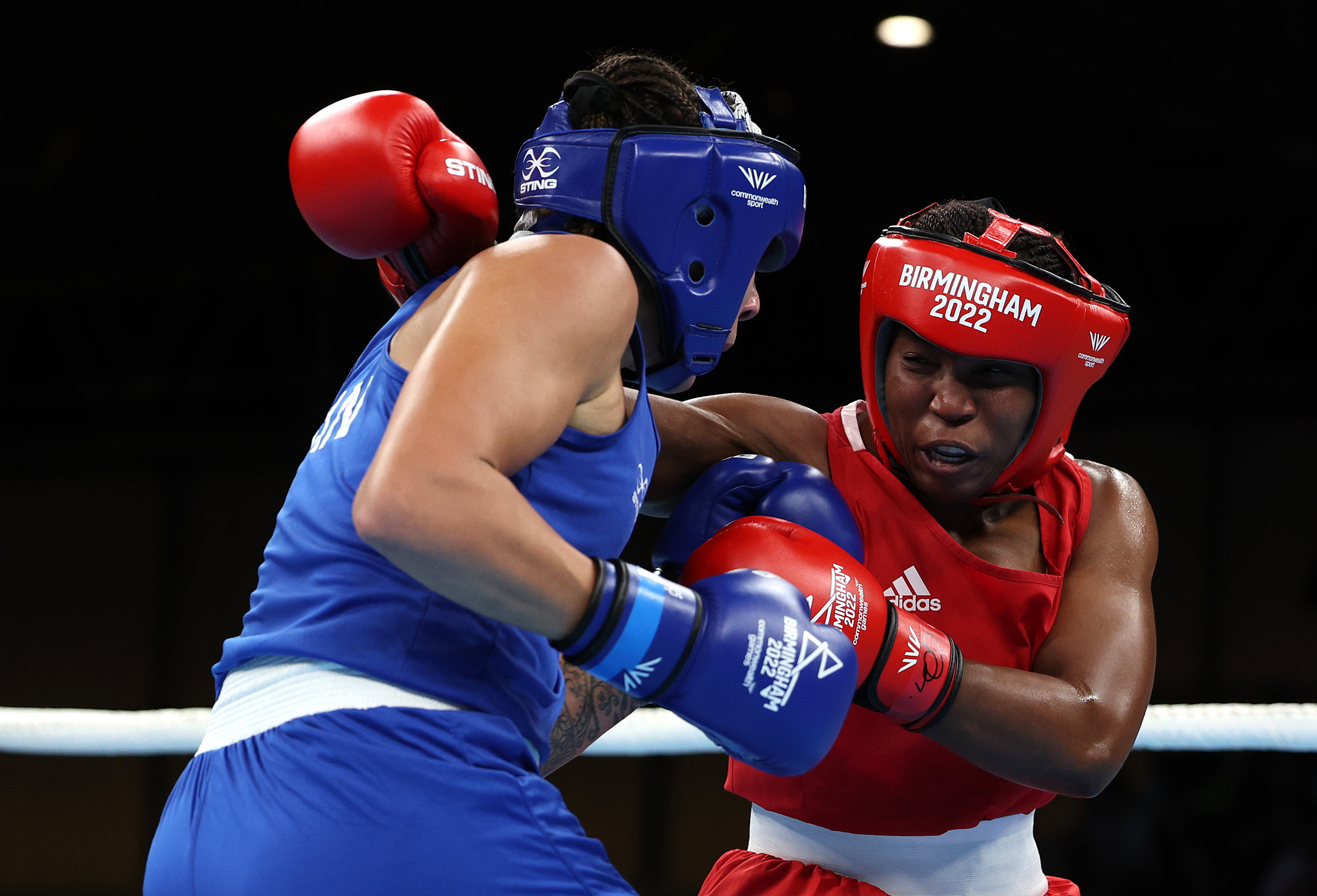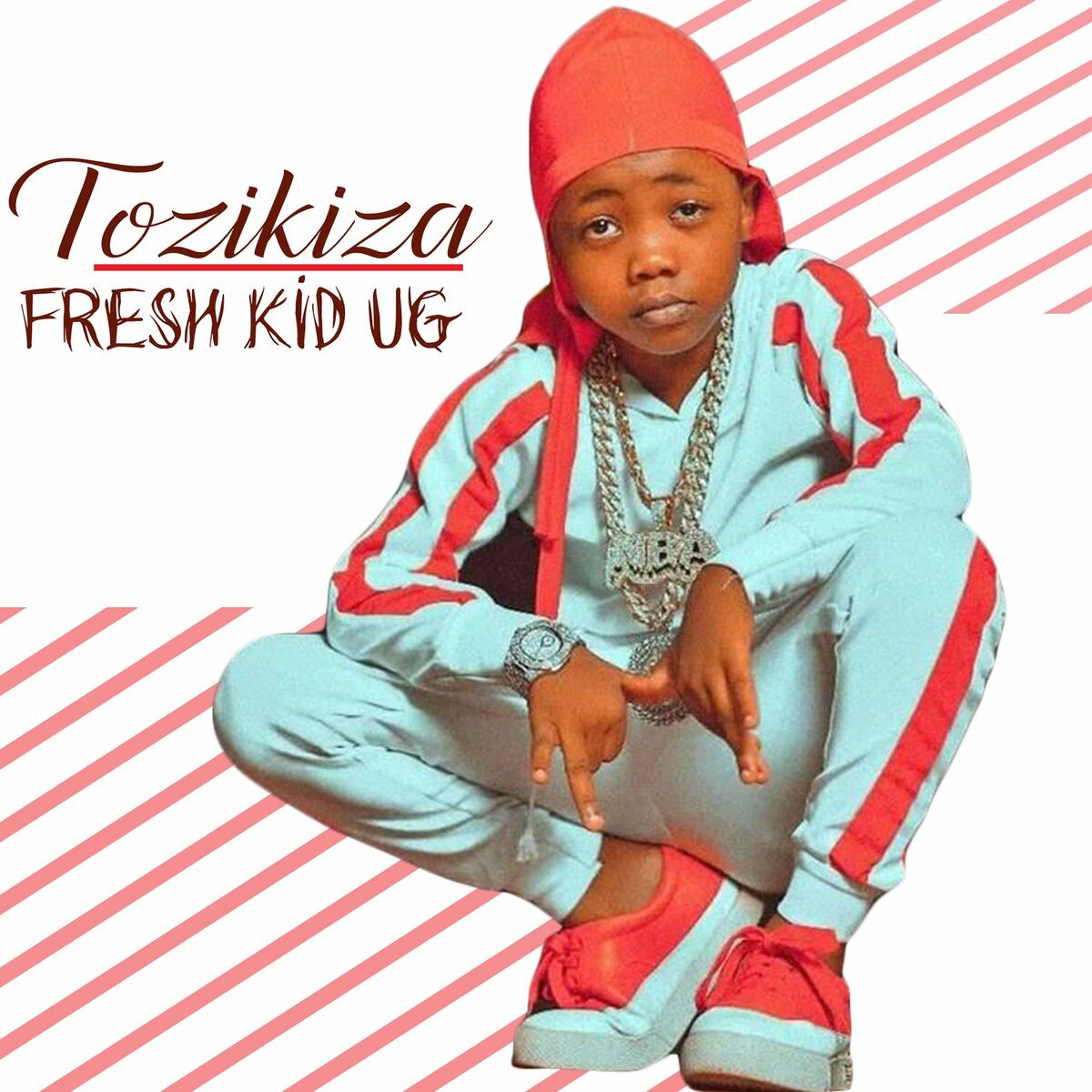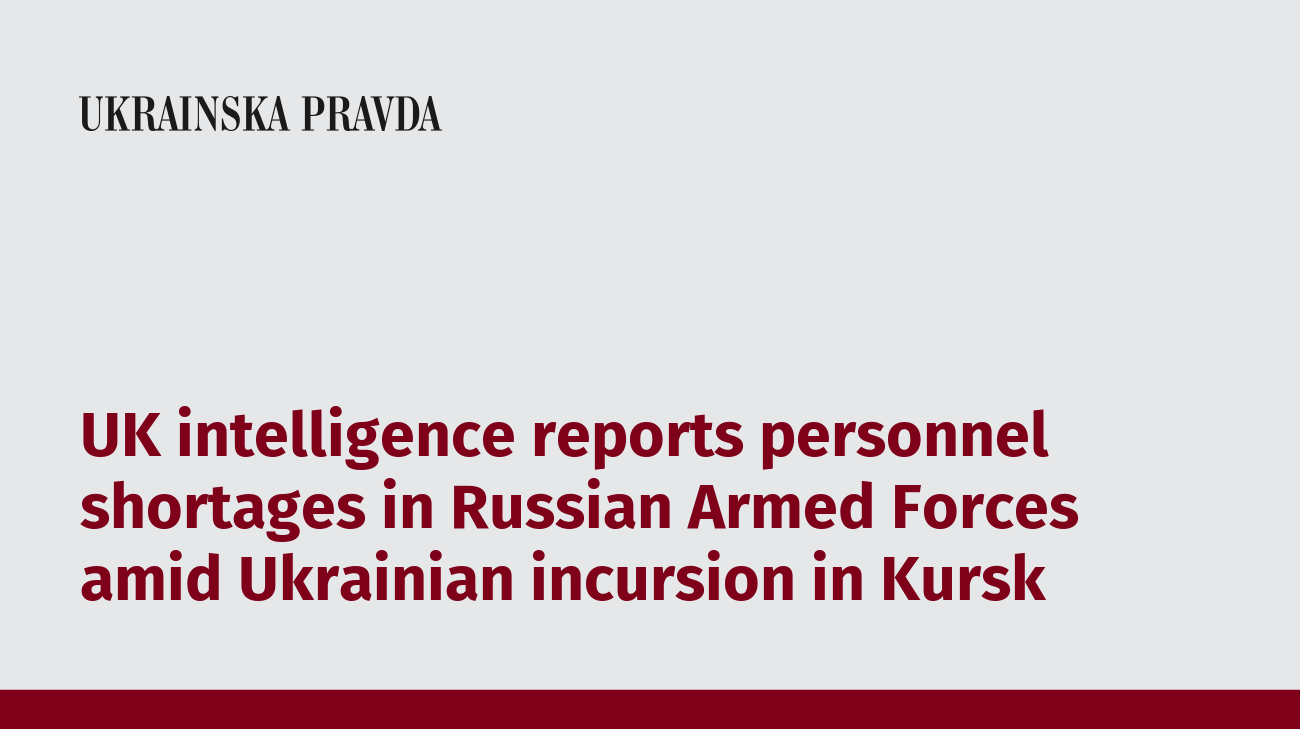Ed Warner: My 10 sports for a slimmed down Commonwealth Games
The self-styled ‘friendly games’ are no longer quite so friendless: it appears Glasgow will indeed host a slimmed-down edition of the Commonwealth Games in 2026, although still we await official confirmation. The trouble is that 20 into 10 won’t go, and boxing’s political turmoil is holding up a decision on which sports will be left [...]


The self-styled ‘friendly games’ are no longer quite so friendless: it appears Glasgow will indeed host a slimmed-down edition of the Commonwealth Games in 2026, although still we await official confirmation.
The trouble is that 20 into 10 won’t go, and boxing’s political turmoil is holding up a decision on which sports will be left on the outside looking in.
Uncertainty is the order of the day, including just where in a crowded sporting calendar the Games can be shoe-horned in.
The men’s football World Cup in North America runs from mid-June to mid-July in 2026. Birmingham will host the European Athletics Championships in early August. One will dominate media attention, the other the schedules of British athletes in the marquee sport.
If organisers want to coincide with the Scottish school holidays then they either need to gamble on an Easter event, live in football’s shadow or ask track and field stars to compete in back-to-back championships. None ideal.
Athletics is one of just two sports confirmed for the Games, alongside swimming. These are the only selections the Commonwealth Games Federation is now forcing on cities in the belief that flexibility will maximise interest from potential hosts.
But with time evaporating, and Glasgow committing to a mere four venues and 10 sports in its determination to minimise costs, it seems as though 2026 will see a ‘needs must’ selection of sports rather than any novelty choices.
The esports exhibition tournament at Birmingham 2022 already seems to belong to a bygone era. The pre-Victoria world if you like, before the Australian city’s abrupt withdrawal.
On the assumption that the 10 sports will be chosen from the 20 originally slated for Victoria 2026, it is easy to draw up a core list based on Glasgow’s venue constraints. But far harder to finalise the 10.
I’d expect the hosts to prioritise sports with broad appeal, heritage and commercial heft – not to mention behind-the-scenes political clout. Oh, and Scottish medal chances.
Other considerations will include the provision of opportunities for para athletes as well as event selection within sports. For example, would diving be rolled in alongside swimming, counting aquatics as a single sport?
What of cycling disciplines outside the velodrome? Road events are expensive logistical challenges, so don’t be surprised to see them scrapped, ruling out marathons and triathlons too.
The two ‘protected’ sports may also find themselves trimmed. Should athletics be compressed from six days by lopping off the 10,000m and the multi-events? Or left at six days but with an increased proportion of para events?
Similar considerations could apply in the pool. Once expensive set-up costs have been incurred at a championships venue, extra days of competition are lucrative. But we’re talking small venues for Glasgow 2026.
The Scotstoun Stadium which will host athletics has a capacity of less than 10,000 – very modest by the standards of most major champs. The swimming at Tollcross can hold around 5,000 with temporary seating. Not much marginal ticket revenue to be had.
So, based on the above constraints, which would be my own starters for 10? I’d go for 3×3 basketball*, athletics*, boxing, gymnastics, netball, squash, swimming*, table tennis*, track cycling* and weightlifting*. All those with an asterisk to include para disciplines.
Hard of course to draw the line. Squash benefits from having six existing courts at Scotstoun, but it’s hard to imagine badminton not being enabled to continue a Games run which began in 1966. All of which points to the limit of 10 sports being broken once the roster is announced and lobbying becomes public.
In-fighting within boxing was a scar on this summer’s Olympics. It is impossible to envisage the battle between the IBA and the new World Boxing being resolved any time soon and, given all else it has to contend with, the Commonwealth Games Federation will want to avoid controversies such as the one surrounding DSD boxers at Paris 2024.
Boxing, though, has been a staple of the Games since the inaugural Empire Games in 1930, with many pro fighters first coming to prominence in them. The CGF will be very reluctant not to include the sport.
If it does decide to minimise reputational risk then judo or taekwondo would look like possible replacements. The former wasn’t on the original list for Victoria and the latter has never appeared in the Commonwealth Games, but both are on the list of possibles for host cities to pick from. A Games without a combat sport would look very lop-sided.
Organising a decent major championships for a single sport within 18-21 months is eminently doable. Organising a truly great one is much harder. Doing just that for 10 sports in the same timeframe while sewing them together into a single identity is a really tough ask.
All power to Glasgow 2026 then! I’m looking forward to scrambling to buy some of those scarce tickets.
Scoring points
Forget for a moment the power struggle within Games boxing; the sport’s integrity in the ring also needs addressing. You don’t have to be a Brit to have been bemused by many of the judges’ verdicts in Paris.
Incompetence, something more sinister, or simply a sport that fails to explain itself effectively to the casual spectator?
One boxing insider recently challenged me to come up with answers to the seemingly flawed scoring process. Are there lessons to be learned from taekwondo with its sensors and coach appeals, for example? Can technology be harnessed to devise solutions?
Over to you, readers. Email your ideas to sportinc@substack.com and I’ll synthesise them for a future newsletter.
Raining on their parade
A second place finish for Hampshire in the County Championship after its cricketers managed to dodge the inclement autumn weather to win their final game. One Hants member’s view:
“An excellent season. If we didn’t have to play during the rainy season we would have had a real chance of winning the championship. But of course teaching eight-year-olds to count to 100 is far more important.”
Ed Warner is chair of GB Wheelchair Rugby and writes his sport column at sportinc.substack.com


